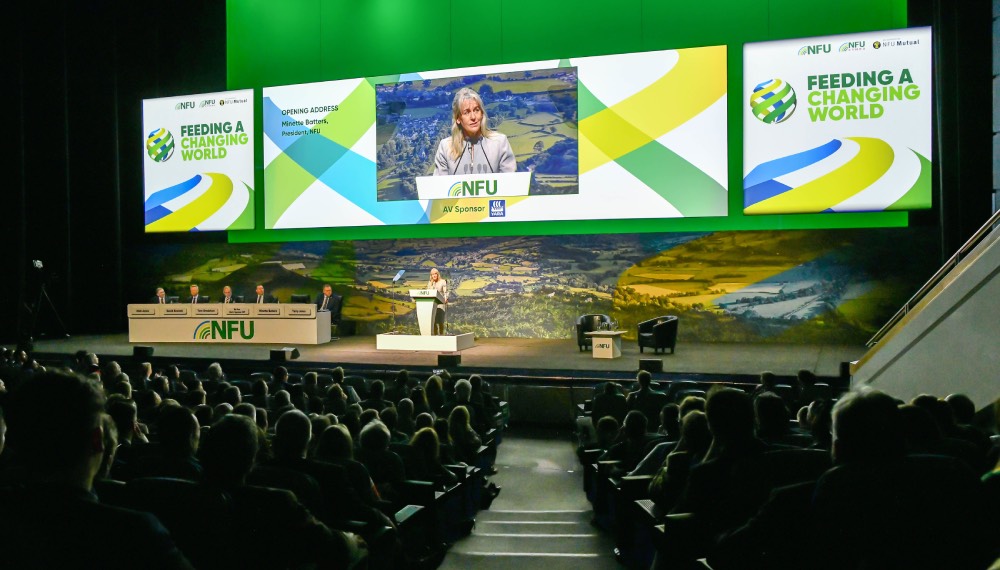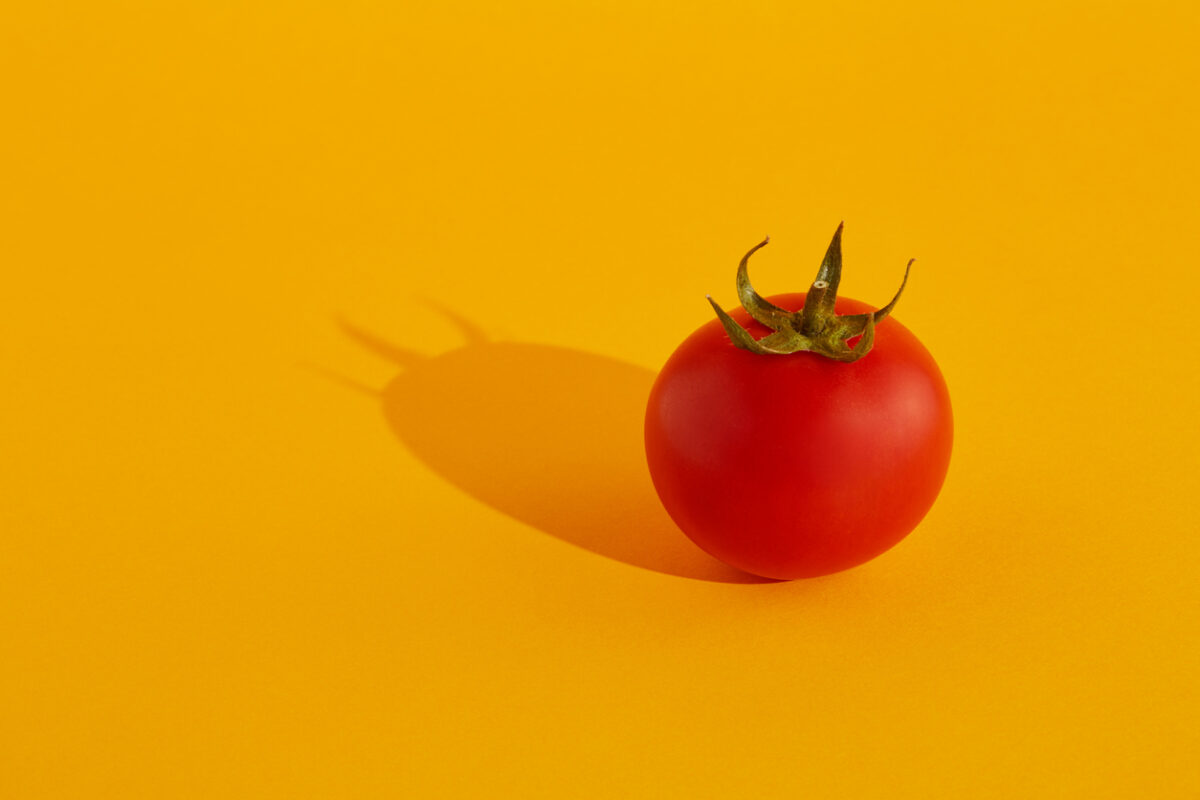Government releases farmers support package ahead of No 10’s Farm to Fork food summit

Image credit: Number 10
The Government has introduced a new package of support for farmers ahead of the Farm to Fork food summit taking place today [16.05.2023] at No 10.
The new measures include making 45,000 visas available to the horticulture sector in 2024. Lobbyists have been calling on the Home Office to boost the number of temporary visas for agricultural workers, with farmers not having enough people on hand to pick crops.
Some £2 million will be invested into boosting the national programme of global trade shows and missions, and funding will be increased to promote global seafood exports between 2025 and 2028. There are also plans to launch a £1 million programme to help dairy SMEs secure export opportunities, with focus on the Asia pacific region.
In addition, up to £30 million will be injected into the development of precision breeding technologies, which are to be supported by ‘a new working group’, made up of food manufacturers, retailers, and plant breeders.
The Government has also committed to reviewing the horticulture and egg supply chains, with many farmers saying they are not receiving fair prices for their goods. Farmers currently make less than 1% of profit from their produce, due to ‘unfair and extractive supply chains’, according to members of the Sustain Sustainable Farming Campaign.
No 10 believes its latest measures will ‘help strengthen the long-term resilience and sustainability of the sector’.
As Britain witnesses the highest levels of food price inflation in western Europe, several inquiries have been launched to assess whether the soaring costs are necessary. Last week, the Environment, Food and Rural Affairs Committee announced it would look at how profitability and risks are distributed along the supply chain, while this week, the Competition and Markets Authority (CMA) announced plans to investigate weakening competition in the UK grocery market, assessing whether it’s contributing to rising food prices.
In a statement, the governmental watchdog said: “Given ongoing concerns about high prices, we are announcing the stepping up of our work in the grocery sector to understand whether any failure in competition is contributing to grocery prices being higher than they would be in a well-functioning market.”
A mixture of farmers and industry leaders are expected to attend the No 10 Farm to Fork food summit, including the National Farmers Union, British Retail Consortium, Food and Drink Federation (FDF), and chiefs of national retailers such as Morrisons.
Ahead of the Farm to Fork food summit, President of the NFU Minette Batters has welcomed the Government’s farming support package, saying in a statement: “They show a recognition and an understanding of the strategic importance of British food and farming to the nation.”
She has already urged the Prime Minister not to turn today’s meeting into a talking shop, calling on the Government to ensure the country’s food self-sufficiency levels don’t go under 60%, while also reporting on domestic food levels and using “powers under the Agriculture Act to make supply chains fairer.”
Chief Executive of the FDF, Karen Betts said today’s event must foster a stronger connection between the Government and the food industry to tackle the problem of inflation successfully. “The No 10 Summit is timely”, Betts said in a statement. “The food and drink sector has been under considerable pressure over the 2-3 years as we’ve grappled with COVID, Brexit, the war in Ukraine and the stark cost rises that have flowed from these.”
She added: “There’s work to be done to unlock the huge potential of our sector to invest in technology, innovation, sustainability and future skills right across the UK, which would enhance our global competitiveness, grow our businesses and deepen our resilience.
“Government must focus too on how regulation is contributing to food and drink price inflation. Some regulation is actually inflating costs, not driving them down, where the same outcomes could be delivered in more effective and less costly ways. A lack of join-up between government departments, and a lack of clarity in government teams developing regulation and post-Brexit trading rules, is forcing cost and complexity onto our businesses.”








